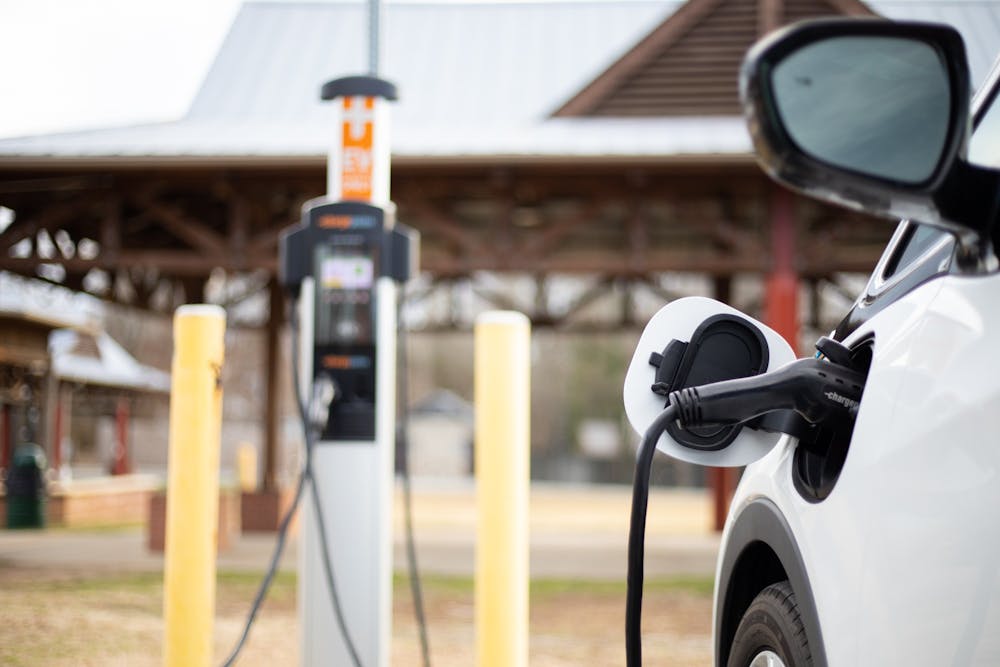The N.C. General Assembly is sitting on a $6 billion budget surplus. Despite that, there’s clearly not enough money to get the lead out of UNC’s water, to address the nearly $1 billion in deferred maintenance UNC has or to expand Medicaid (actually, the federal government would give us nearly $6 billion for this one).
There is, however, $1.2 billion to give in incentives to electric car manufacturer VinFast for a new plant in Chatham County.
Ask the General Assembly for $1.2 billion to build a light rail corridor in the Triangle and they’ll talk about fiscal responsibility or some other nonsense. But as soon as a massive corporation wants to import more people into an already overstretched housing market, they'll fall over each other to give them money.
Remember: giving corporations billions is good policy, but giving low-income people welfare is socialism. But I digress.
So why am I talking about electric cars again?
Well, the VinFast plant is mostly going to produce SUVs, which I get — Americans love their big cars, and average car size has been steadily increasing since the 1950s.
The problem with big electric cars, however, is battery size. Even the best battery tech available right now has an energy density far lower than that of gasoline. Thus, increasing car size and weight means significant increases in battery size for a given range.
Take the Tesla Model Y with a 75 kilowatt-hour battery, as compared to the smaller Model 3 with a 57.5 kilowatt-hour battery. That 17.5 kilowatt-hour difference is more than half of the average American home's daily energy use. Put simply, increased battery sizes increase the environmental footprint of the car.
You might say that this is just what the market demands. People want big cars. That may be true, but people don't need big cars. As of 2019, the average vehicle occupancy was just 1.5 people per car. Is there any reason for 95 percent of college students to need something bigger than a Camry?




